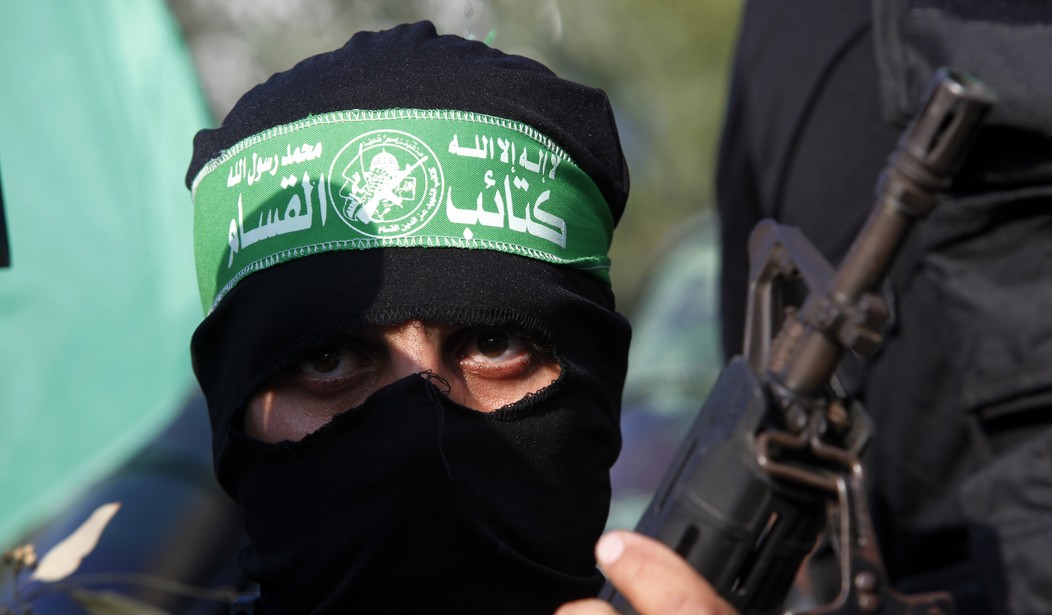A veteran CNN Middle East reporter with two decades of experience now admits that "too many of us treated the group more like an opposition party with occasional violent outbursts than a terrorist organization."
"Journalists working in conflict zones," Ilene Prusher wrote in a CNN op-ed this week, "too often pull punches in the interest of appearing neutral, or perhaps to ensure that they stay in the good graces of the gunmen in charge."
Prusher concludes that "if journalists continue to interview members of Hamas, we should report their words more critically and not take their comments at face value. We should provide context that notes how unverifiable their information is and how poor their track record for accuracy has been."
There's a word for that: journalism. Let's give Prusher two cheers for encouraging her colleagues to actually commit some for a change.
I might fairly ask Prusher, "What took you so long?" It isn't as though she were ignorant of the Middle East and its major players. But since it's my policy never to interrupt someone when they're busy talking their way over to my side of an issue, I'll leave her be.
"By and large, we reporters ate it up," she explained without prompting, in no small part because "Our editors wanted us to have access to this shadowy group."
What is access, anyway?
Last month when I was in Miami for the previous GOP presidential debate, Yours Truly (and the rest of the Townhall crew in town that night) were granted access to the post-debate spin room. That meant we would have the chance to speak one-on-one with the candidates or maybe their managers and surrogates.
Please note: It's called the spin room because that's where the candidates, their managers, and their surrogates go to put their spin on what just happened. Spin can be anything from putting a friendlier face on a fierce debate performance to literally (not really) polishing a turd and hoping some know-nothing reporter will pick it up and run with it.
But getting and keeping access can be a whole lot more complicit than anything that happens in a spin room between candidate and reporter.
Infamously, CNN used to downplay Saddam Hussein's atrocities against the people of Iraq to maintain the network's access to the Hussein regime. That was a case where the appearance of reporting the news — "Hey, we're talking to all these Iraqi officials, so it must be real news!" — was more important to CNN than actually reporting the news. They were happy to be lied to and to repeat those lies because it filled airtime and sold commercials.
The mainstream media's dirty little secret is that so much reporting involves little more than getting and maintaining access to important people by giving them the airtime they desire.
And yet, "How often did that stop us from reporting what they told us?" as Prusher asked in her come-to-Jesus column. "That dynamic was on display last month when many mainstream media outlets immediately repeated Hamas’ claim that an Israeli air strike had devastated a hospital and killed a big round figure of 500 Palestinians."
Prusher and so many others are — or in her case, was — happy to trade integrity for the allure of access to a "shadowy group" who expertly preyed on their vanities.
Except, of course, for the mainstream media's reporters and stringers who are all-in with Hamas to begin with and never had any integrity to begin with.
Recommended: This Might Be Facebook's Lowest Moment Yet










Join the conversation as a VIP Member